Professional solutions on concrete addtives, Concrete Foaming Agent, Superplasticizer, CLC Blocks Additives, and foaming machine

Concrete Foaming Agent

Hand-synthesised Cellular Concrete Foam
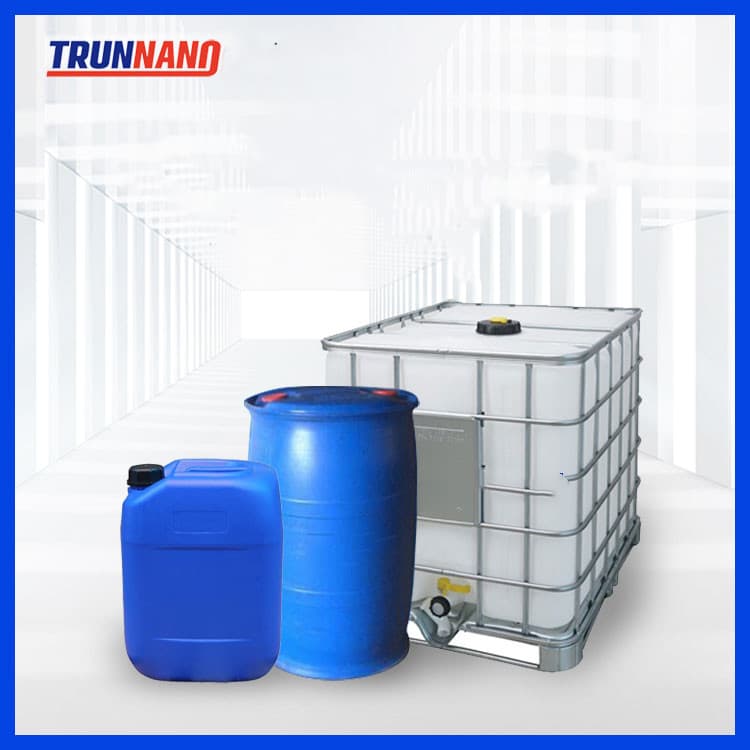
Protein-based Cellular Lightweight Concrete Foaming Agent
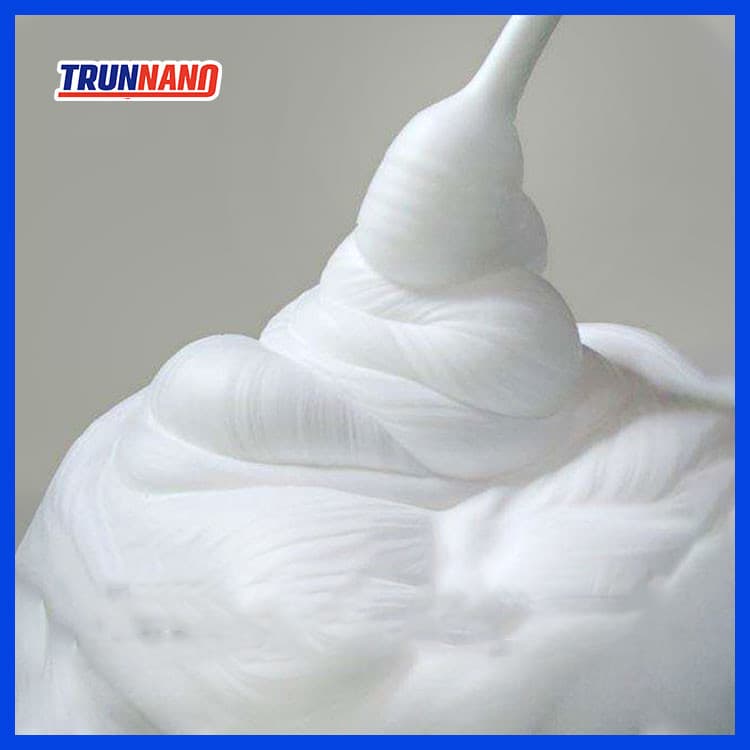
TR-A Concrete Foaming Agent For Foamed Concrete Cement Using
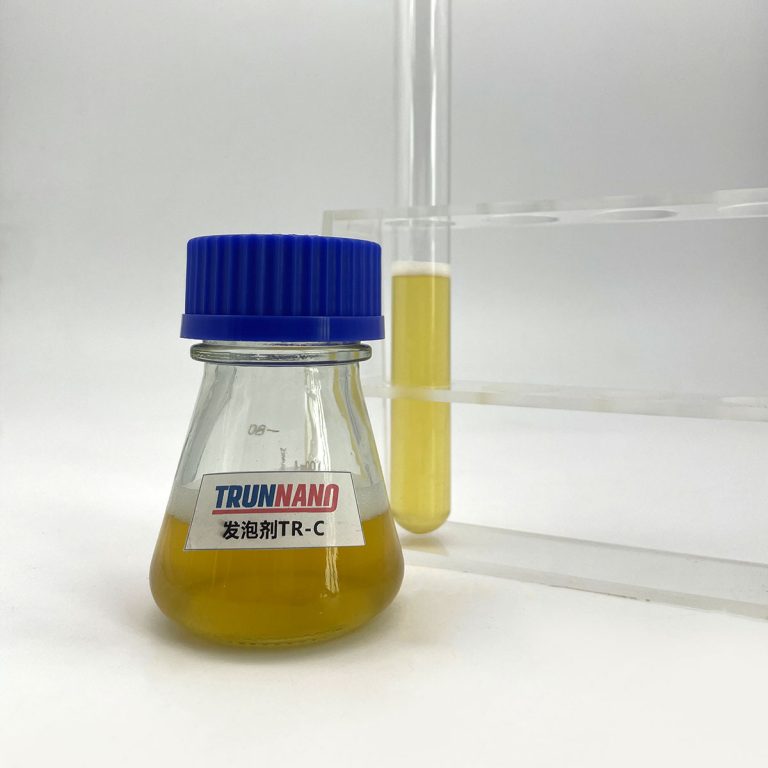
TR-C Polymer Foaming Agent For Foamed Concrete Foaming Use in Cement
Review of Concrete Frothing Representative
Concrete lathering representatives are additives made use of in the production of light-weight concrete, likewise called cellular concrete or oxygenated concrete. These representatives introduce steady bubbles or foam right into the concrete blend, lowering its thickness and offering insulation and acoustic homes. Foaming representatives are typically included in a slurry of concrete, water, and sometimes aggregates prior to putting.
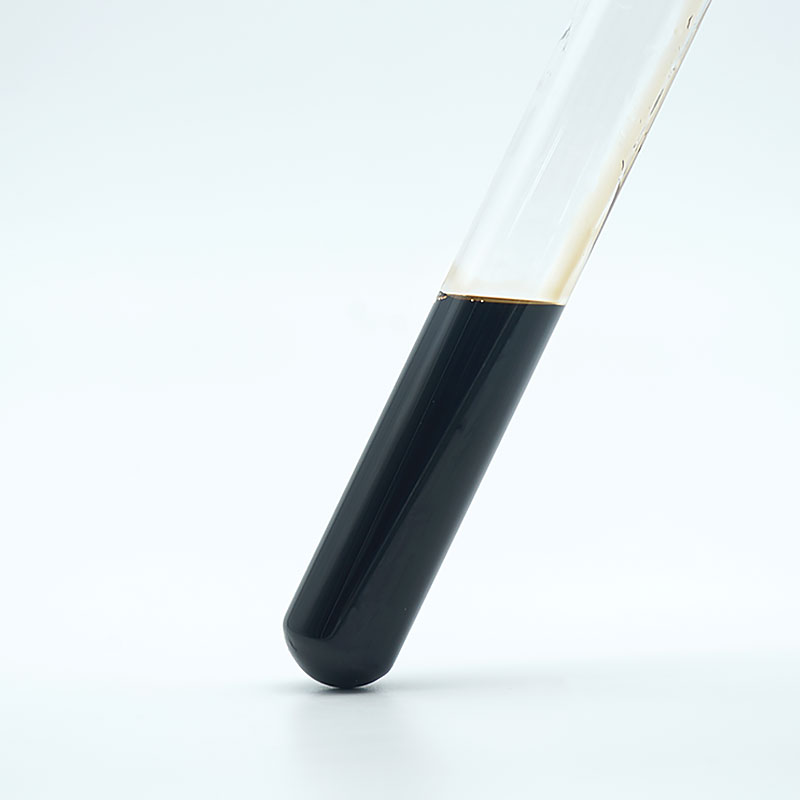
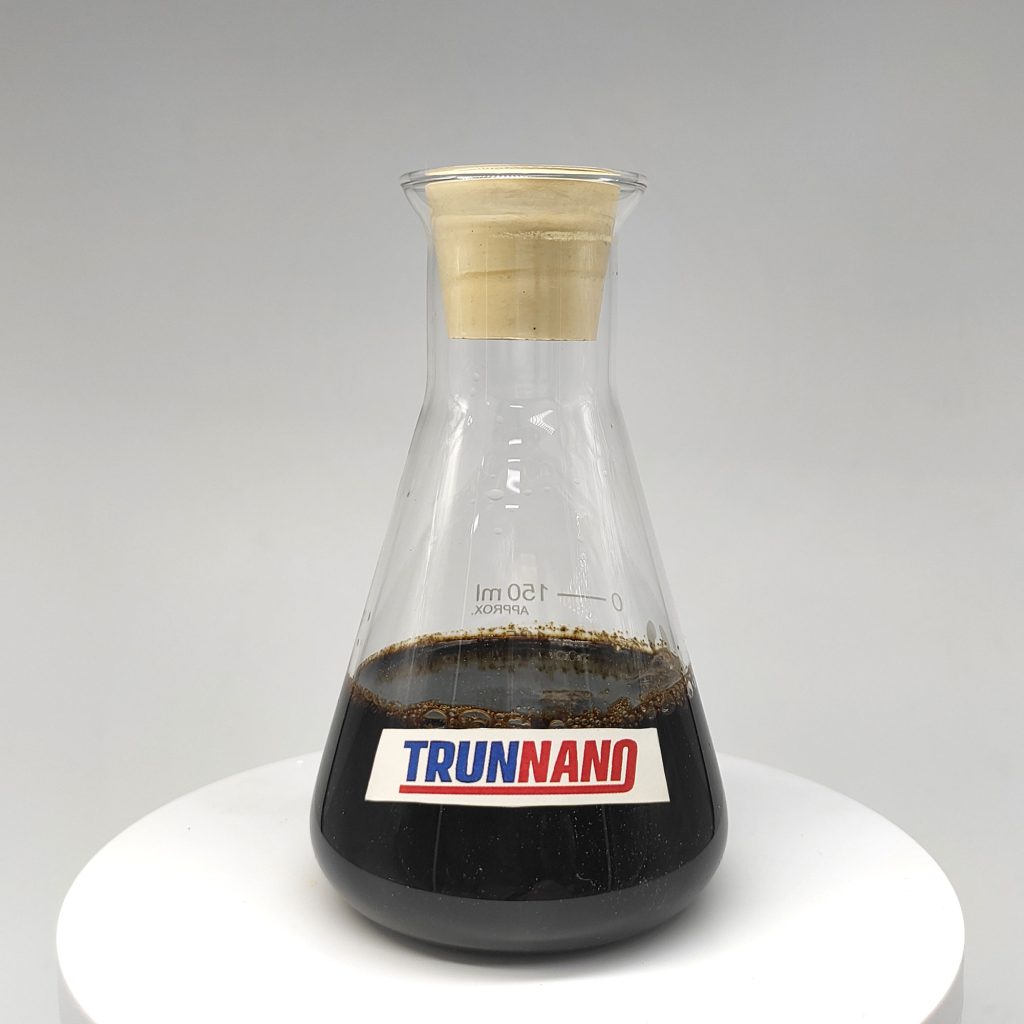

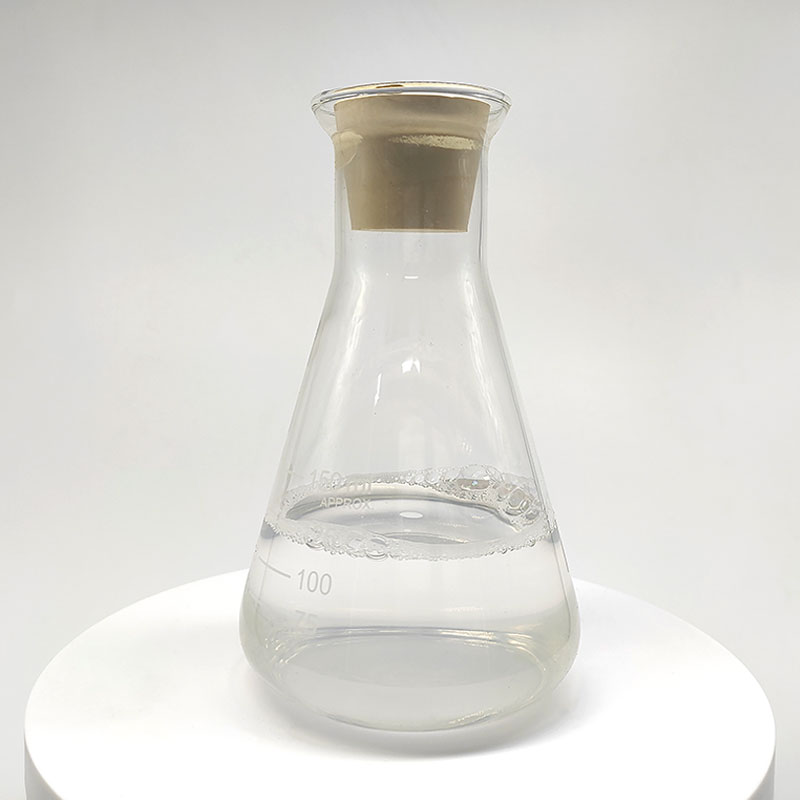
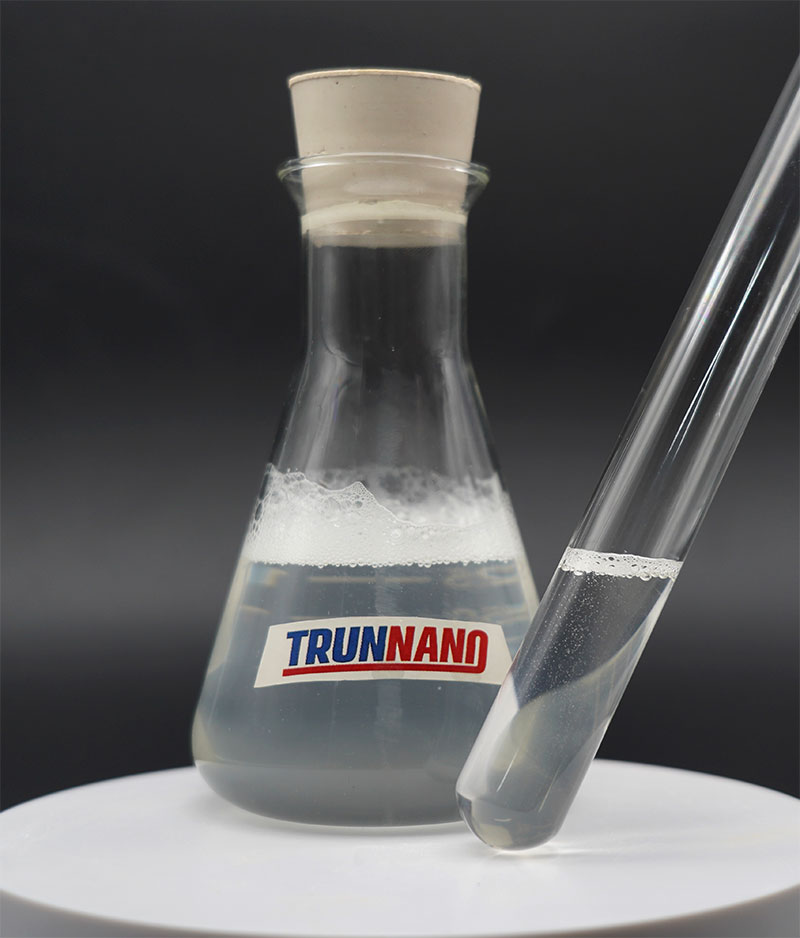
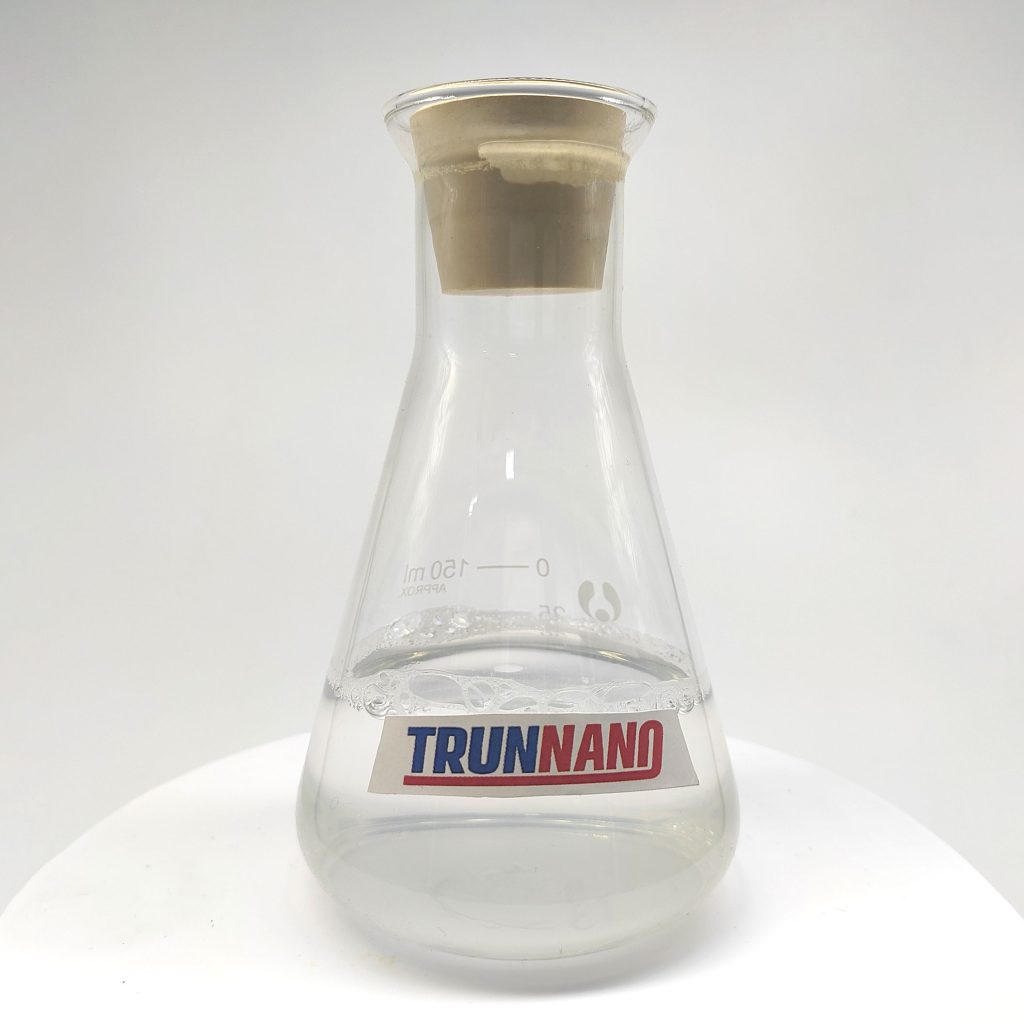
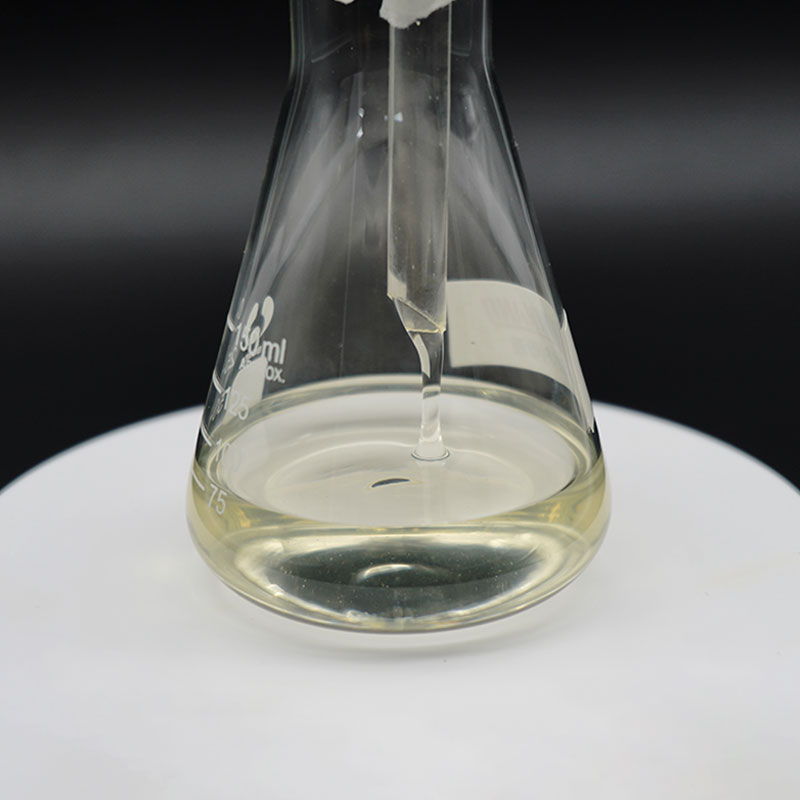
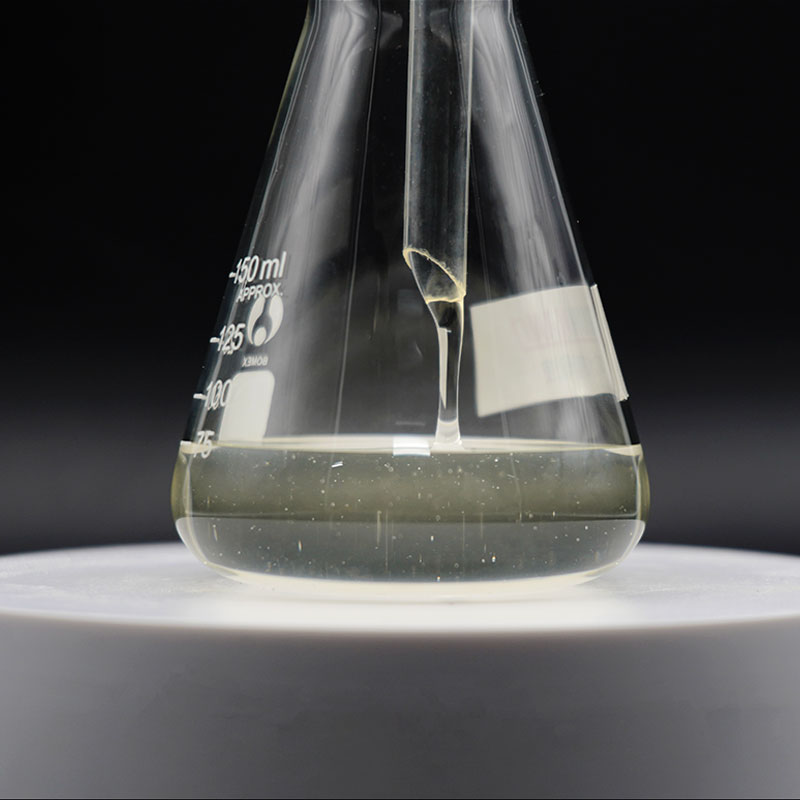
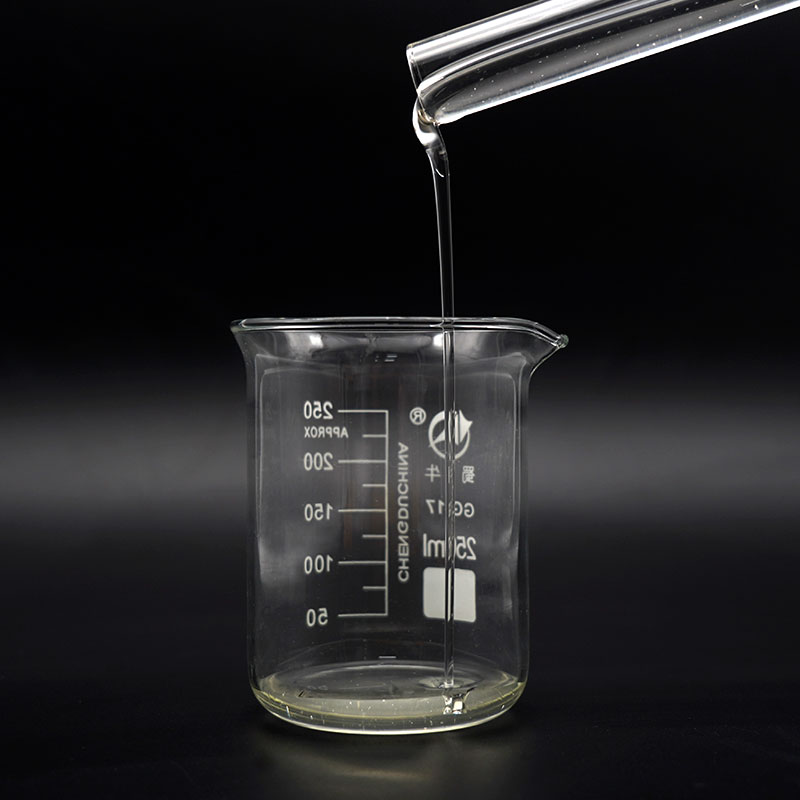
Attributes of Concrete Lathering Agent
Lightweight: Reduces the total weight of the concrete, making it less complicated to manage and suitable for applications calling for decreased structural load.
Insulation: Supplies thermal insulation, which can help reduce power prices in buildings.
Acoustic Residences: Boosts audio absorption and decreases noise transmission with wall surfaces and floors.
Workability: Improves the workability of the mix, allowing for easier pumping and placement.
Sturdiness: Can improve freeze-thaw toughness as a result of the air entrapped within the matrix.
Flexibility: Appropriate for a range of applications consisting of floor covering, roof, and wall surface building.
Toughness: Relying on the application, lathered concrete can accomplish appropriate compressive stamina in spite of its lower density.
Applications of Concrete Foaming Representative
Construction: Used in creating lightweight walls, floors, and roofs where insulation and soundproofing are required.
Backfill: Ideal for backfilling operations around pipelines and in locations where conventional backfill materials might be too heavy.
Gap Filling: Filling up cavities and gaps in existing structures without adding significant weight.
Green Building: Contributing to sustainable building methods due to its lower symbolized energy and capacity to boost power efficiency.
Bridge Building and construction: For bridge decks and various other components where reduction in dead tons is important for architectural integrity.
Repair: Useful out of commission and replacing deteriorated areas of concrete frameworks without the demand for extensive demolition.
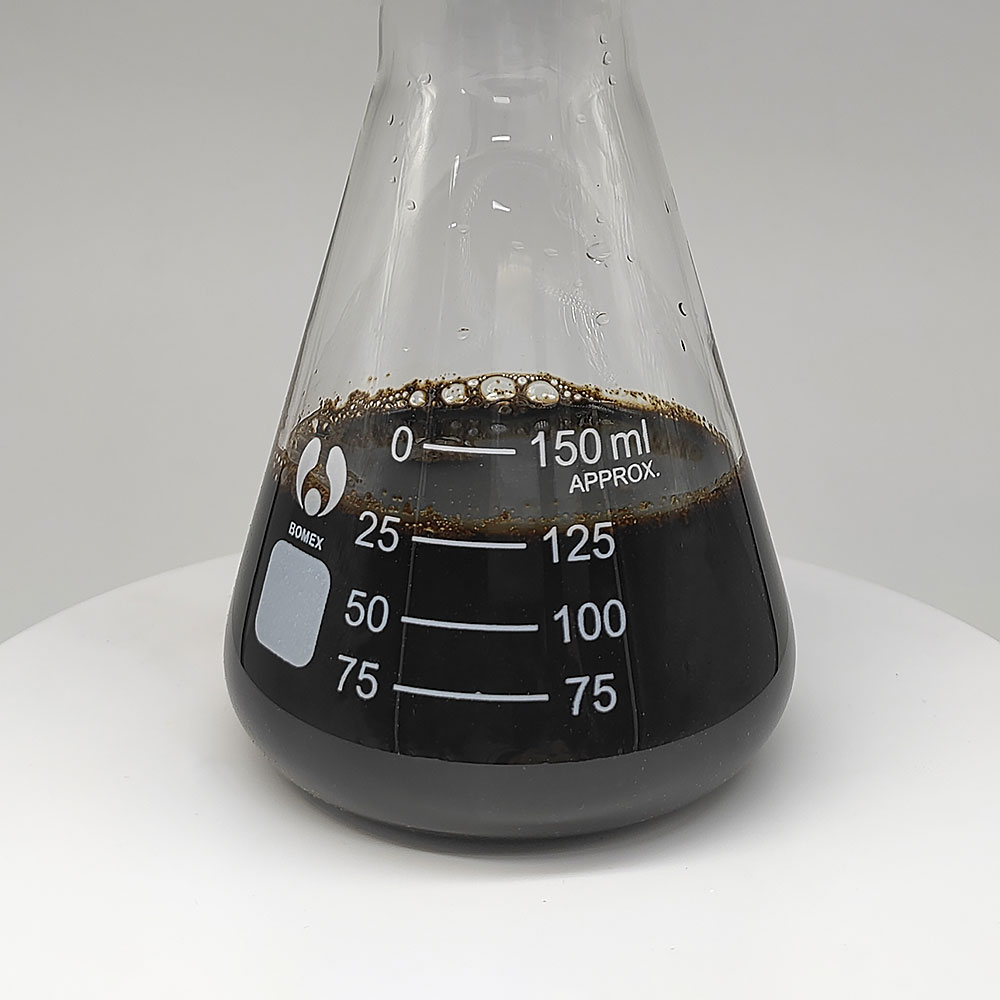
Company Profile
Cabr-Concrete is the global leader in Low-Density Cellular Concrete (LDCC), Celluar Light Concrete (CLC), and advanced engineered foam solutions. Known globally for its commitment to research, innovation, and applied expertise, we have been providing engineered foam solutions since the early 2012's.
We can supply high-quality Concrete Foaming Agent. We have professional technical department and quality supervision department, a well-equipped laboratory, and equipped with advanced testing equipment and after-sales customer service center.Send us an email or click on the needed products to send an inquiry.
If you want to know more about Concrete Foaming Agent, please feel free and contact us: sales@cabr-concrete.com
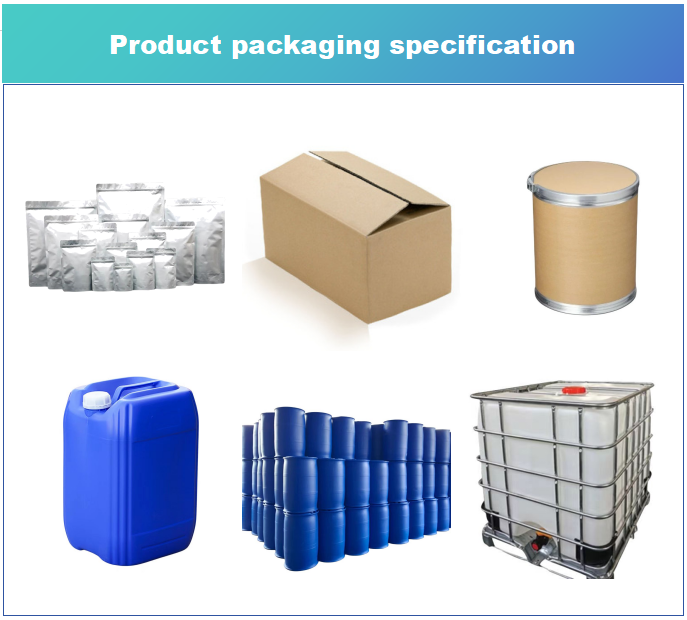
Package of Concrete Foaming Agent
25kg/barrel, 200kg/barrel, 1000kg/barrel, stored at room temperature away from light, moisture and rain.
FAQs of Concrete Foaming Agent
Q: What types of lathering agents are typically used?
A: Usual kinds consist of protein-based lathering representatives, which are originated from all-natural healthy proteins, and artificial frothing agents made from petrochemicals.
Q: How do lathering representatives impact the toughness of concrete?
A: While foaming agents lower the density of concrete, appropriate formulation can still achieve enough stamina for particular applications. The stamina depends on the thickness and mix design.
Q: Can foamed concrete be made use of for structural functions?
A: Yes, depending on the thickness and mix layout, foamed concrete can be made use of structurally, though it's even more commonly made use of for its insulative and light-weight residential properties as opposed to high strength needs.
Q: Is foamed concrete extra expensive than routine concrete?
A: Normally, foamed concrete might cost even more due to the additional foaming representative and specialized mixing devices needed. Nonetheless, the price can be offset by reduced transport and labor costs, along with prospective savings in structure expenses due to lighter loads.
Q: Does frothed concrete have any ecological benefits?
A: Foamed concrete can use numerous environmental advantages, such as minimized energy usage during manufacturing, reduced transport discharges as a result of lighter weight, and enhanced power performance in structures because of its insulative homes.
